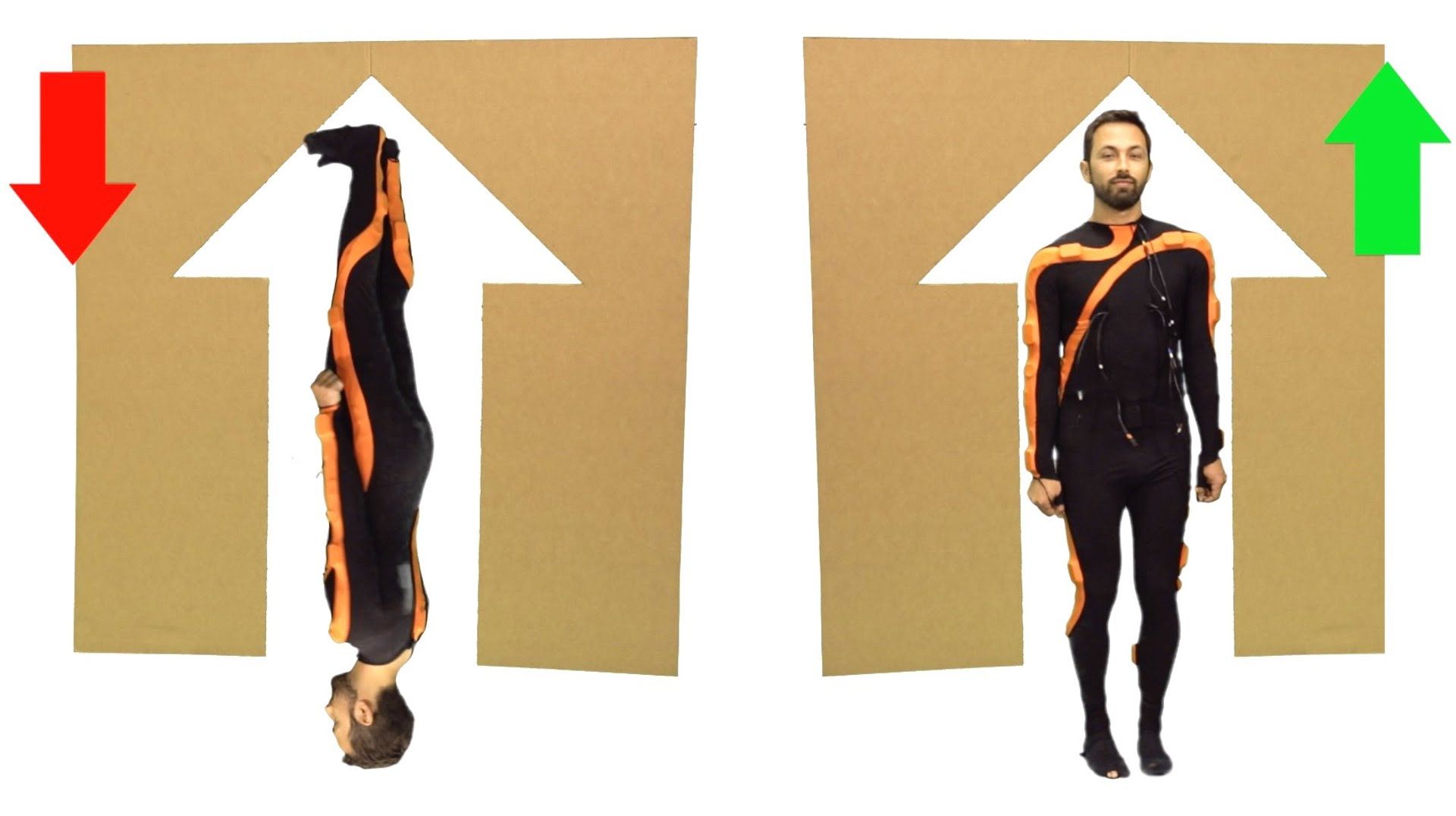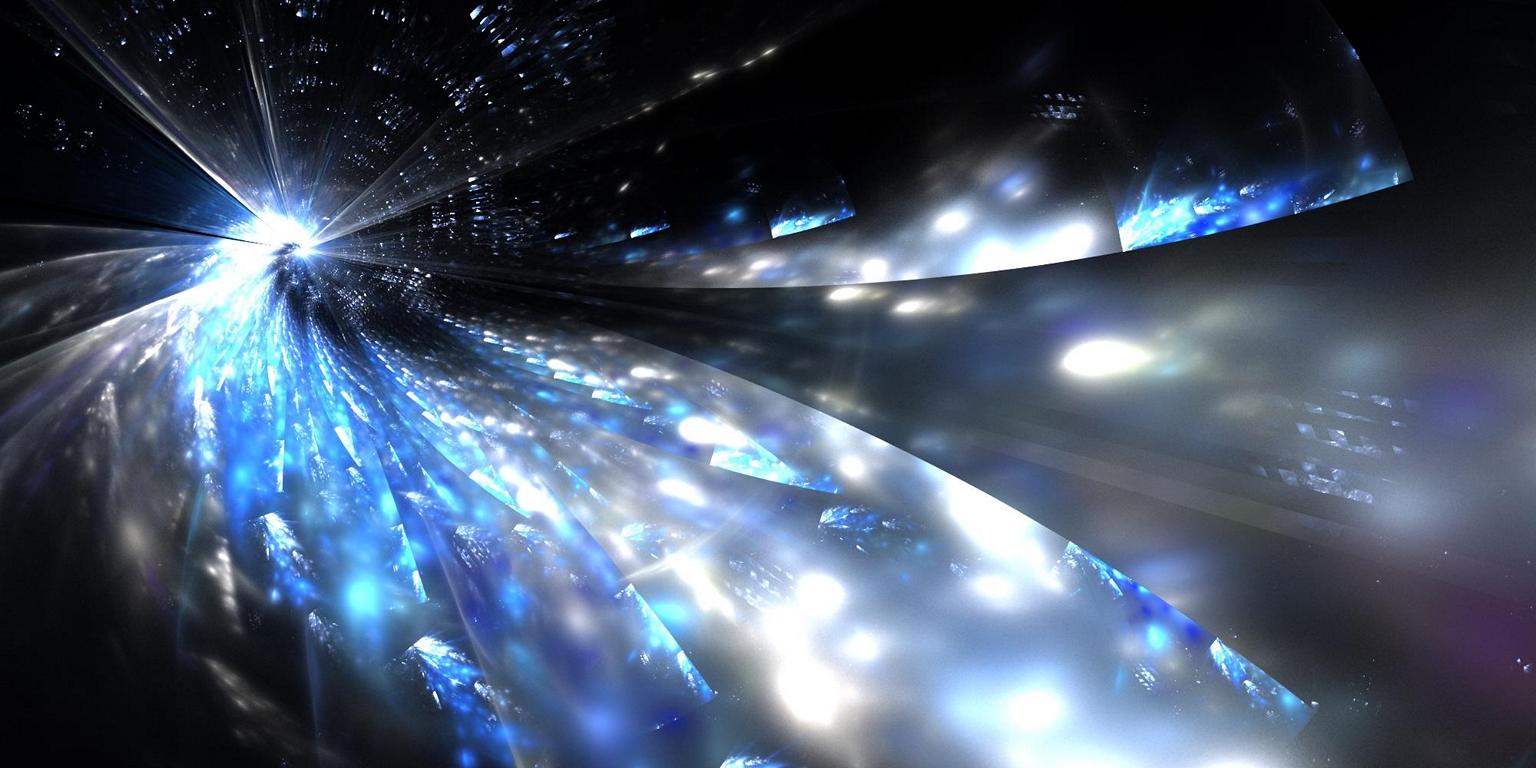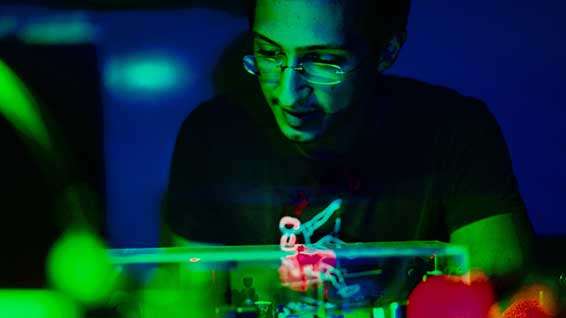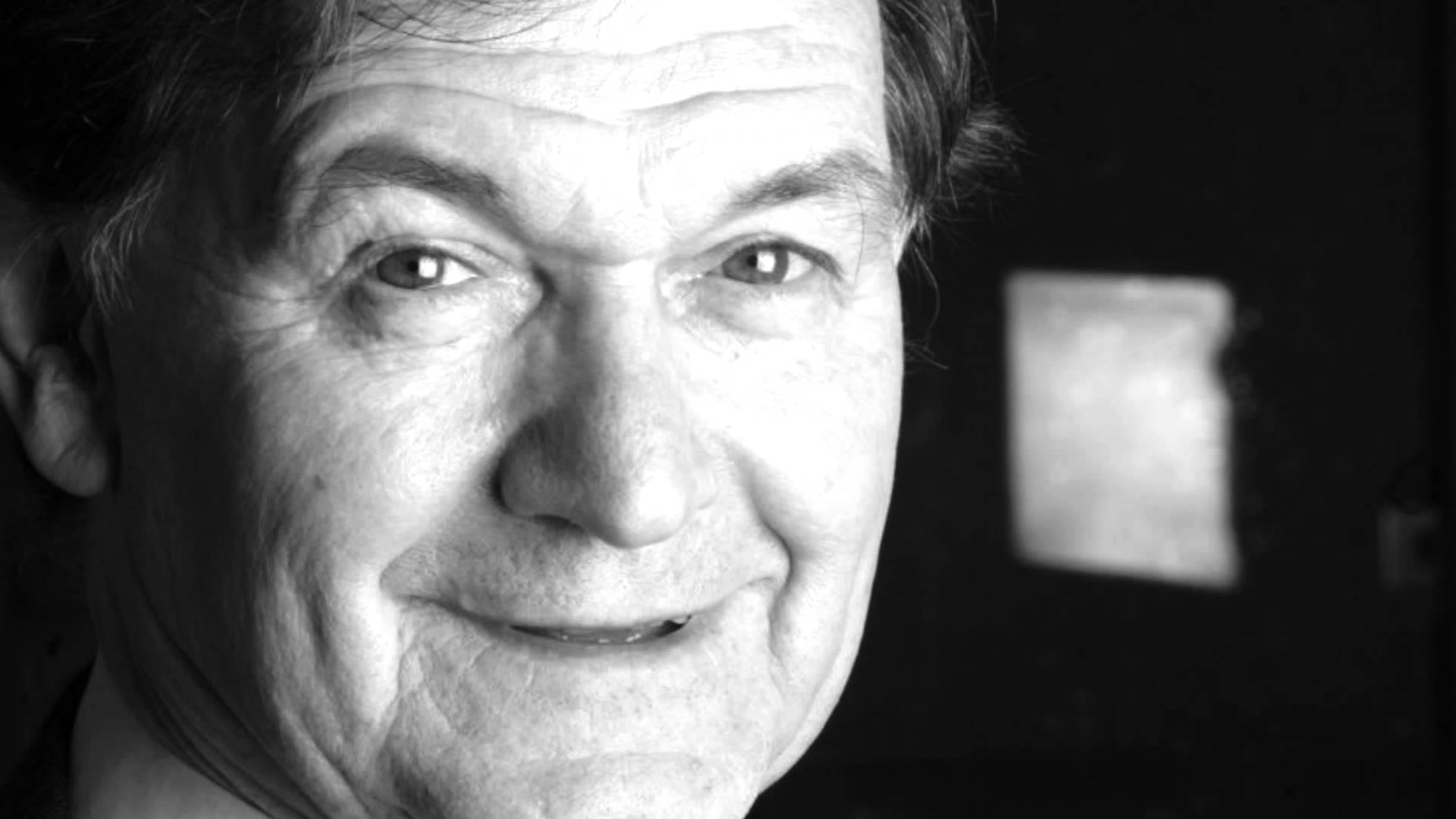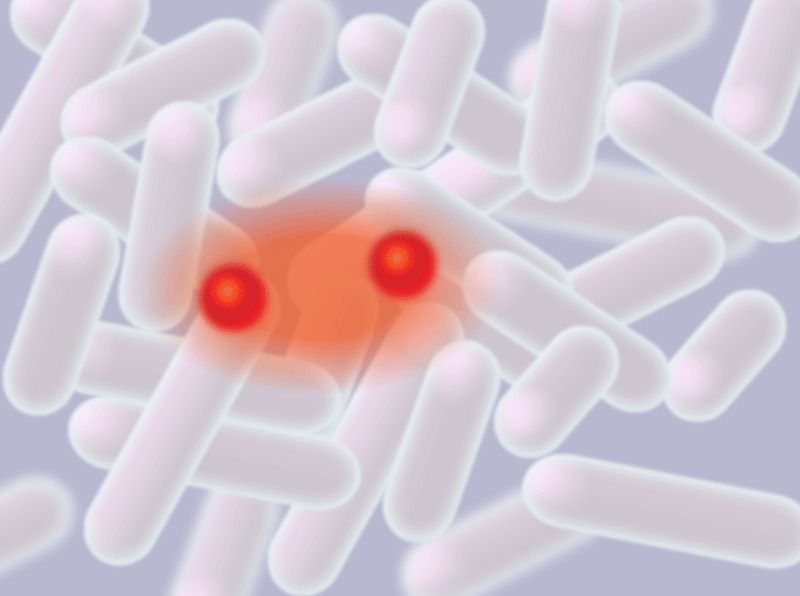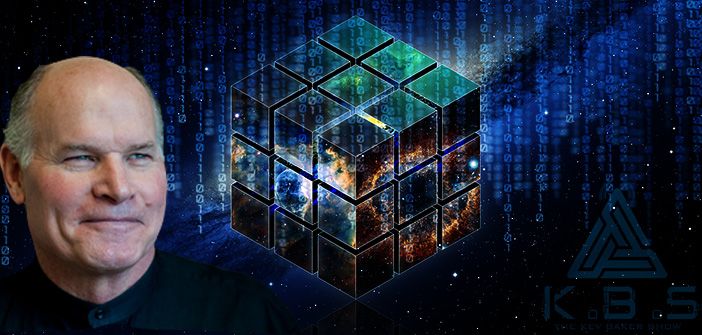Aug 30, 2016
Scientists Have Figured Out What We Need to Achieve Secure Quantum Teleportation
Posted by Shailesh Prasad in categories: internet, quantum physics
Researchers have demonstrated the requirements for secure quantum teleportation using quantum steering.
An international collaboration of researcher from China, Europe, and Australia have demonstrated the precise requirements needed to secure quantum teleportation, a concept that is essential to the future of a quantum internet that lets information to be transmitted securely.
